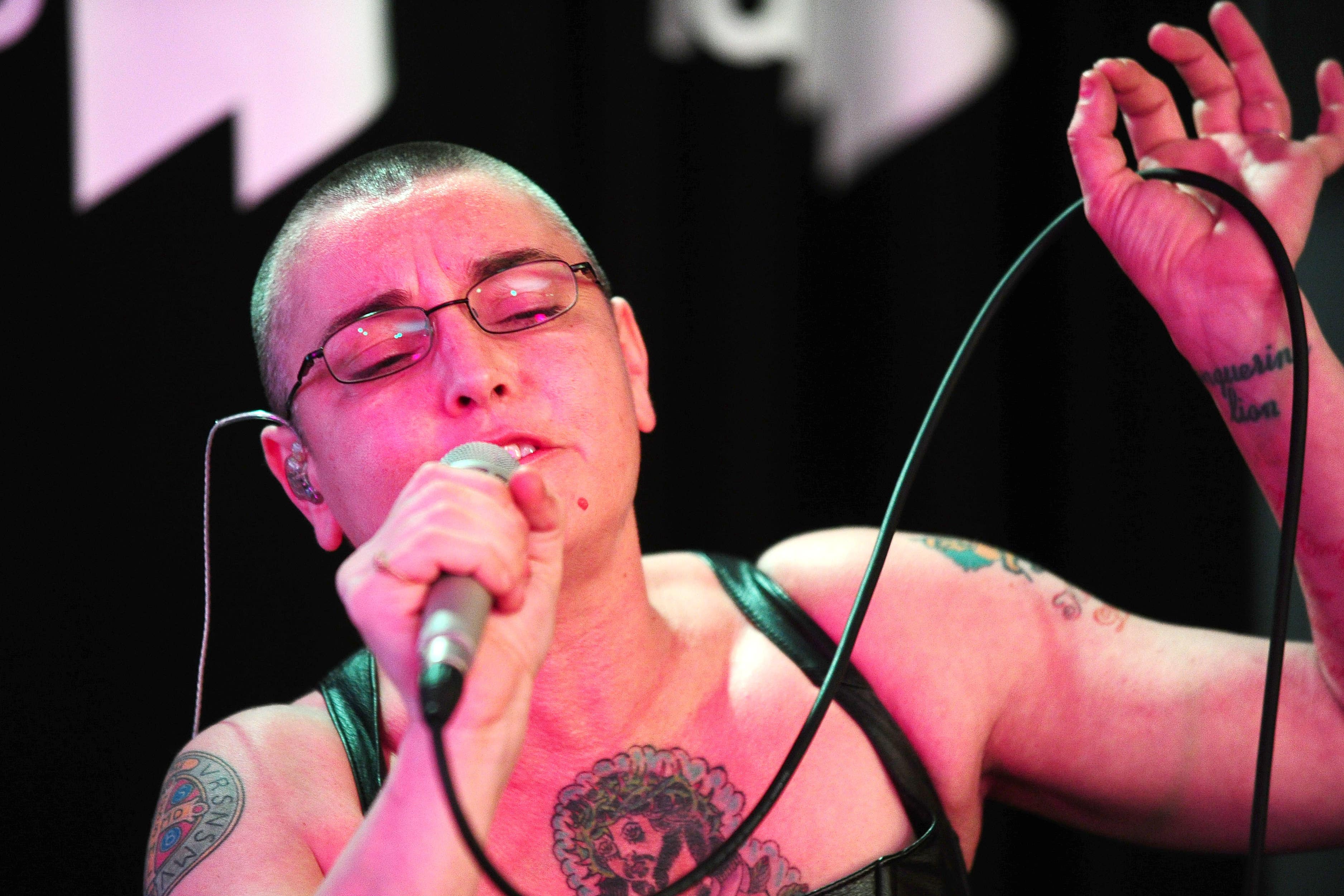Sinead O’Connor used her fame ‘to break down stigma’
Women’s and HIV groups pay tribute to a ‘proud ally’ who ‘challenged’ Ireland.

Sinead O’Connor “challenged” and helped to change Ireland, according to women’s and HIV groups in the country.
The singer, who has died at the age of 56, had a long history of activism, championing causes and sharing often controversial views – most notably when she ripped up a picture of Pope John Paul II on US TV show Saturday Night Live in 1992 in protest at the Catholic Church child abuse scandal.
Women’s Aid Ireland, which works to prevent and help the victims of domestic abuse, said she had a “fearless voice and courageous light”.
The organisation tweeted: “You truly challenged an Ireland, and a world, that stifled women, children and anyone who didn’t conform.
“Your power, your anger, your pain and fragility gave strength to many survivors to speak out”.
HIV Ireland described O’Connor as a “proud ally of people living with HIV and impacted by AIDS”.
Paying tribute on Twitter, the charity said: “A profoundly talented artist and a trailblazer in every sense. We remember her talent, her courage and her honesty. RIP.”
The charity’s MPOWER programme manager Adam Shanley, who represents HIV Ireland on the National MSM Health Committee, tweeted a picture of the singer wearing a T-shirt supporting the organisation’s precursor, the Dublin Aids Alliance, on The Late Late Show in 1990.
He said she “showed huge support for people living with HIV” in what was “a very different Ireland then and now – more so with losing her”.
His thoughts were echoed by writer and Aids survivor Jason Reid.
He tweeted: “Sinead O’Connor cared. In Ireland, Sinead publicly supported people with HIV/AIDS when many denigrated us.
“She used her fame to help break down stigma and bring about change. We were lucky to have Sinead.”
As well as supporting organisations in Ireland, O’Connor frequently spoke out about the Catholic Church child abuse scandal and refused to attend the Grammy awards when her 1990 album I Do Not Want What I Haven’t Got was named best alternative music performance.
In a letter to the academy, she said the awards “acknowledge mostly the commercial side of art” but that she believed an artist’s purpose was to “inspire and, in some way, guide and heal the human race, of which we are all equal members”.
Ordained as a priest in 1991, when she announced she wanted to be known as Mother Bernadette Mary, she converted to Islam in 2018 and adopted the name Shuhada’ Davitt, later Shuhada Sadaqat — although she continued to use Sinead O’Connor professionally.
She came out as lesbian in 2000, but in 2005 said she was bisexual, adding: “I’m three-quarters heterosexual, a quarter gay. I lean a bit more towards the hairy blokes.”
Irish President Michael Higgins said: “To those of us who had the privilege of knowing her, one couldn’t but always be struck by the depth of her fearless commitment to the important issue which she brought to public attention, no matter how uncomfortable those truths may have been.
“Her contribution joins those great contributions of Irish women who contributed to our lives, its culture and its history in their own unique but unforgettable ways.”
Bookmark popover
Removed from bookmarks